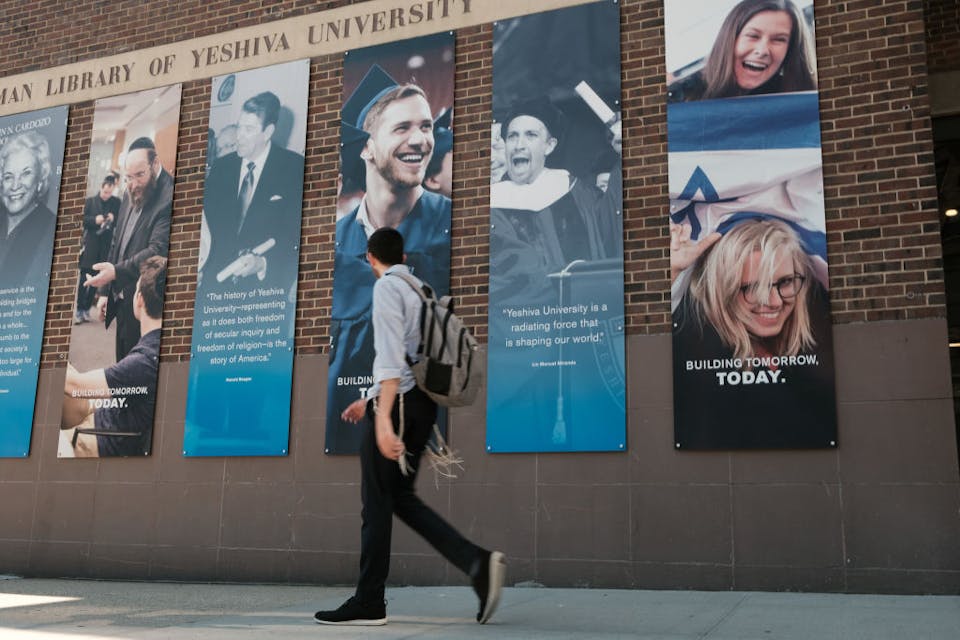
August 25, 2025
To Make the Academic Desert Bloom, Look to Religion
While the American university loses sight of its purpose, the future looks bright for faith-based schools.
The great American university is in decline. With decreasing enrollment, ideological polarization, and an erosion of public trust, the very idea of the university is increasingly under attack. But the formula for its salvation is strikingly simple: a return to the model of classical education upon which it was originally built. This homecoming would not just provide a shared knowledge base to create an intergenerational community of learners, but would also grant universities a robust framework for shaping their responses to the obstacles and opportunities of tomorrow.
We need not look far for inspiration. Jewish tradition provides a strong blueprint for how to engender thoughtful and rooted communities of learners who are cognizant of what came before them, and of their own roles in the transmission and creation of scholarship and ideas. While this may sound like second nature to some, what often goes unspoken in current debates about campus climate is that universities themselves have lost sight of their purpose. Sometime in the final quarter of the 20th century, under the sway of postmodern relativism, curricula were revised and the mission of educating students through seeking truth and promoting virtue became passe. In many universities today, students do not see themselves as heirs to a great tradition and are not bound to each other by the exploration of foundational texts. By and large, these students do not see themselves as having anything of substance in common with their peers, much less with their predecessors. They have become unmoored and unrooted, which explains in part the rapid increase in anxiety, loneliness, and mental-health risks among college students.
By contrast, the millennia-old Jewish educational example continues moving and inspiring generations of students. This stems from a singular model of learning: rather than coming to campus to get accredited and depart, Jewish learners arrive at study houses and yeshivot to connect and to dwell.
Responses to August ’s Essay
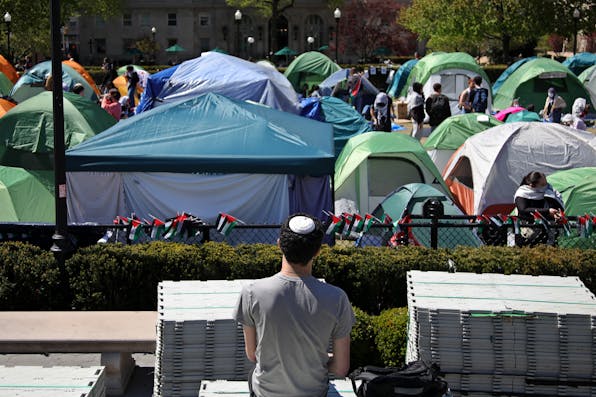
August 2025
The Future of Higher Education and the Jews: A Symposium
By The Editors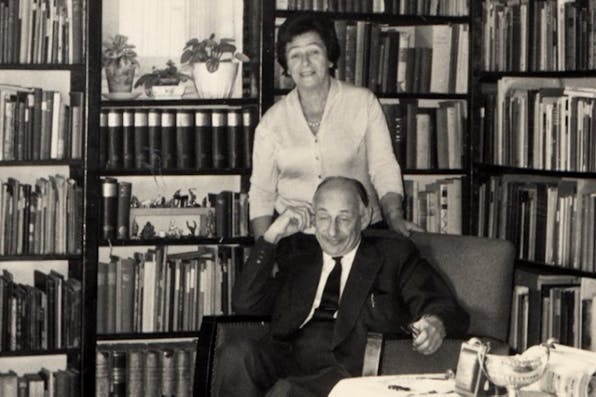
August 2025
How Jewish Studies Became a Tool of Adversarial Culture
By Ruth R. Wisse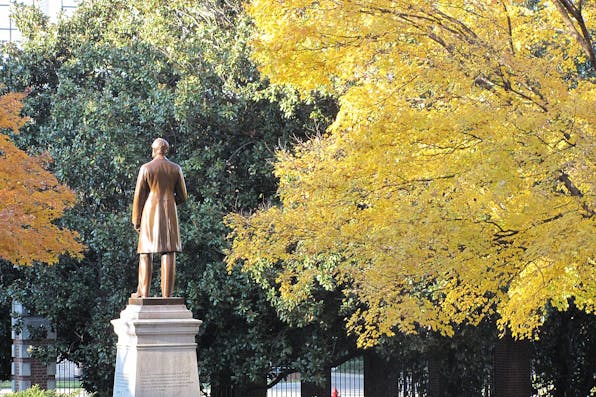
August 2025
The Future of Universities Must Be Built on Firm Values
By Daniel Diermeier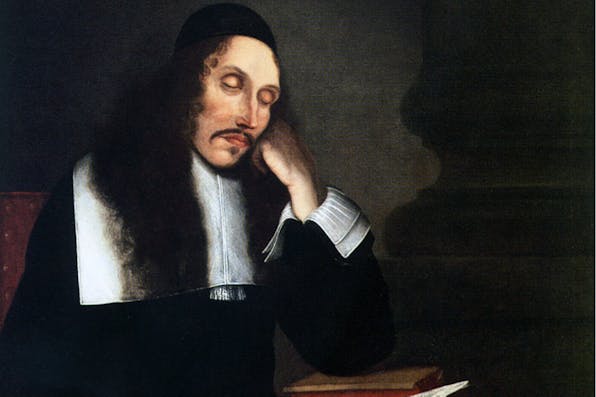
August 2025
Western Civilization and the Jews: A Shared History
By Steven H. Frankel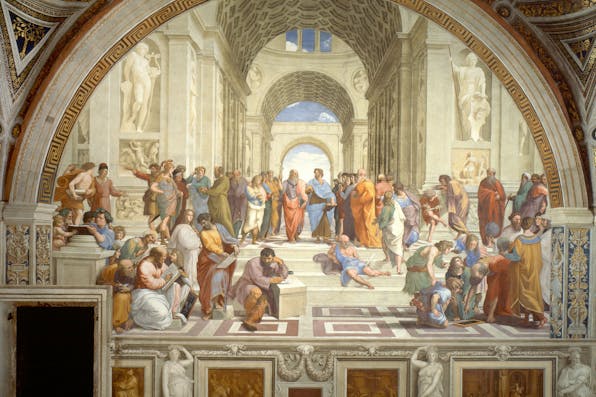
August 2025
The Quest for Wisdom, Truth, and Virtue at the University of Dallas
By Jonathan J. Sanford
August 2025
Universities Need Teachers Who Want to Teach, and Students Willing to Learn
By Bella Brannon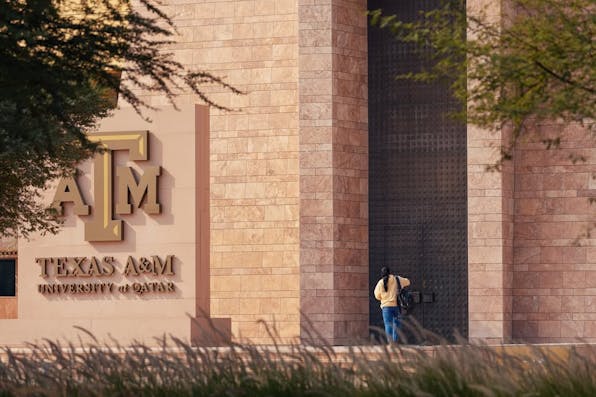
August 2025
Saving American Universities Requires Cracking Down on Foreign Funding
By Danielle Pletka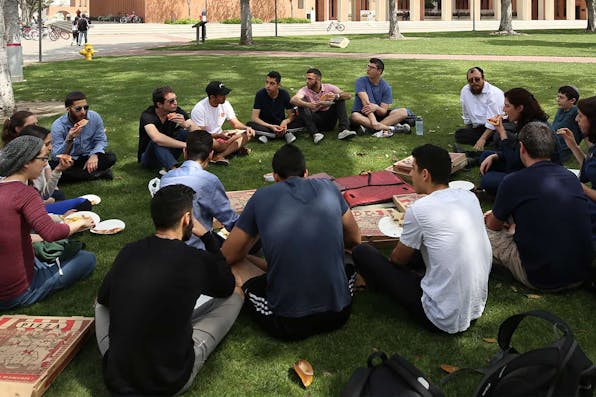
August 2025
Jews Shouldn’t Give Up on Universities, and Neither Should America
By Eitan Webb
August 2025
The Moral Collapse on Campus Is a Result of the Hollowing Out of the Humanities
By Alexander S. Duff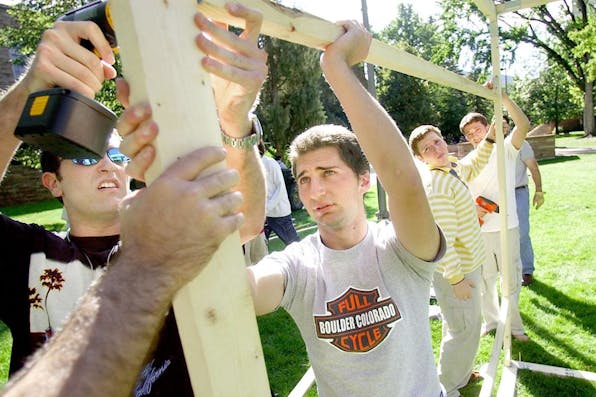
August 2025
Return American Universities to Their Religion-Friendly Roots
By Liel Leibovitz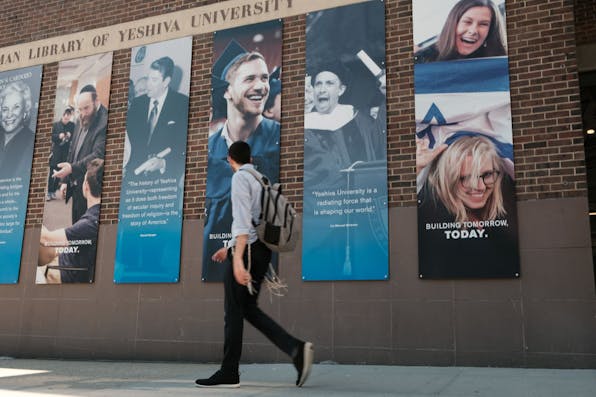
August 2025
To Make the Academic Desert Bloom, Look to Religion
By Ari Berman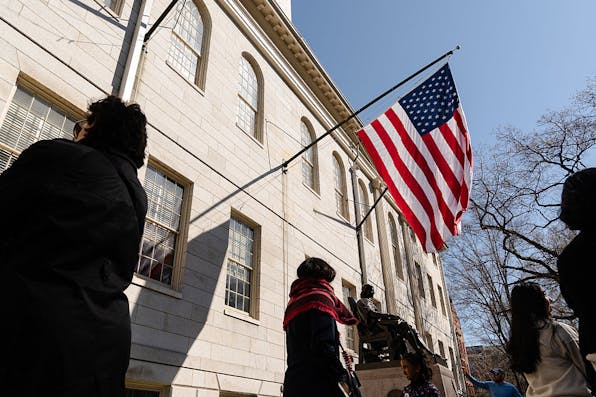
August 2025
The Universities and the American Crisis
By Ben Sasse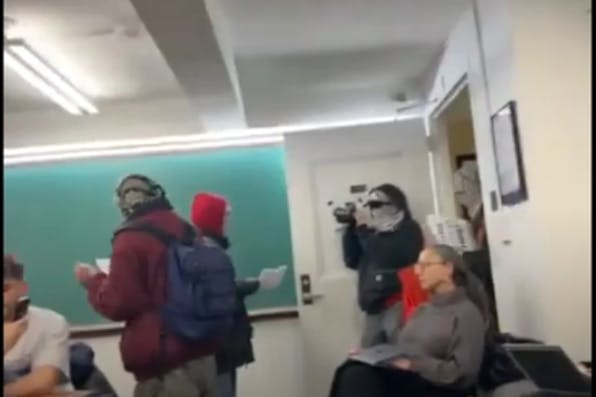
August 2025
The Campus Intifada Is a Golden Opportunity for Those Who Study Israel Seriously
By Avi Shilon
August 2025
With No Easy Fixes for Middle East Studies, It’s Time for New Programs
By Robert Satloff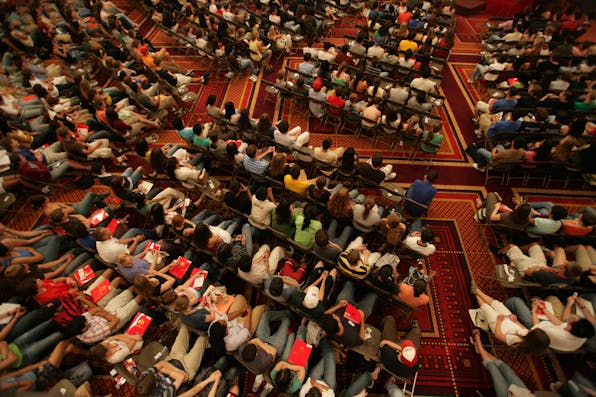
August 2025
The Perverse Microeconomics of the American University
By Michael Hochberg